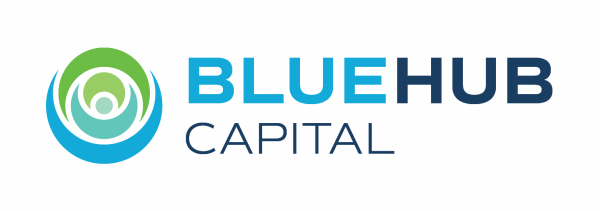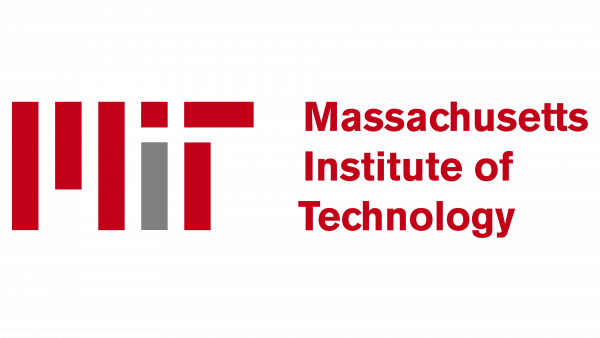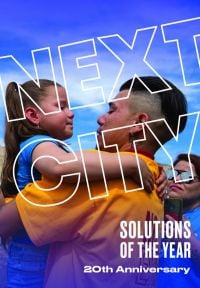If we’re ever going to have a just economy, we’ll have to build it from the ground up.
Flowing resources to front-line communities that face the worst of the climate crisis and the racial wealth gap is the ideal way to plant the roots of a new economy. Not only is it essential for justice, but it’s also a practical, scalable strategy for seeding system change.
As executive director of the Just Economy Institute, I’ve collaborated with many JEI fellows who are leading promising community wealth-building initiatives. These financial activists share a set of principles: They support community self-determination and ownership. They use an integrated capital approach, providing financial, social and technical resources. They are excellent bridge builders — they know that if we care about collective thriving, we must collaborate across differences. And they make long-term commitments.
They’re also generous in sharing their knowledge. So I asked four of our fellows — each using a different community wealth-building model — to share their approaches, successes and lessons learned.
Nikishka Iyengar: Modeling community-owned and -directed development

Nikishka Iyengar holding a baby (Photo courtesy The Guild)
“Community wealth building is about prioritizing collective well-being over individual profit,” says Nikishka Iyengar, founder and CEO of The Guild, an Atlanta-based organization that’s building an alternative model for real estate development. The goal is for local communities, especially BIPOC and working-class communities, to collectively own and control assets in their own neighborhoods.
The Guild is developing its first Community Stewardship Trust in Atlanta. Set up to acquire and develop vacant or underutilized assets, the CST will create community-owned assets like affordable housing, neighborhood grocery stores, daycare centers, commercial space for Black-owned small businesses and meeting space for nonprofits. Residents within the assets’ ZIP code can invest whatever amount of money is meaningful to them and then collectively hold decision-making power. Community investors receive a financial return via dividends and share price appreciation, keeping surplus value within the community.
Also in Atlanta, The Guild recently launched the People’s Community Land Trust, which is acquiring and renovating homes and turning them into permanently affordable housing for low- to moderate-income city residents, with a focus on people currently battling displacement.
Iyengar notes that the work requires an ability to navigate complexity and nuance well. “Get clear on your values and double down on them when things get hard and uncomfortable—and they often will,” she says. “Community wealth building goes against the grain of capitalism, and it is incredibly difficult to do that over a sustained period of time without a clear sense of your personal values, your team’s shared values, and an articulation of what principled compromise looks like—because operating within capitalism will always require some level of that.”
Kim Pate: Restoring Main Street with Native entrepreneurs

Kim Pate at JEI immersion in California. (Photo courtesy TechBoogie)
Kim Pate, managing director of the Rapid City-based NDN Fund, focuses on places that have been subject to colonization and resulting poverty for hundreds of years.
She works to help Indigenous peoples defend, develop and decolonize their communities by providing funds to restore culture, fight resource extraction, and build strong businesses, homes, and infrastructure.
“From my experience as an Indigenous lender, we succeed when our loan relatives succeed — and we meet them where they are,” says Pate. “Based on our knowledge of what’s needed, we bring a cohesive set of strategies that we call braided capital, meaning they may get a loan accompanied by a grant and other resources that synergistically support the growth of their project or business throughout the life of the loan.”
Pate has used this approach through the NDN Fund and in her role as a Nimiipuu Community Development Fund board member. With loans from the Native community development financial institution, which serves the Nez Perce Reservation in Idaho, tribal citizens have improved their credit, paid off predatory payday loans, survived the economic downturn caused by the pandemic, and built businesses including a daycare center, a cafe and a tourism company.
“These businesses are creating jobs and prosperity for the reservation and bringing back the Main Street business sector that has been gone since most can remember,” Pate says. “Even more than that, they’re inspiring our youth and giving them hope for brighter futures.”
Janice St. Onge: Providing entrepreneur-friendly capital for sustainable growth in rural communities
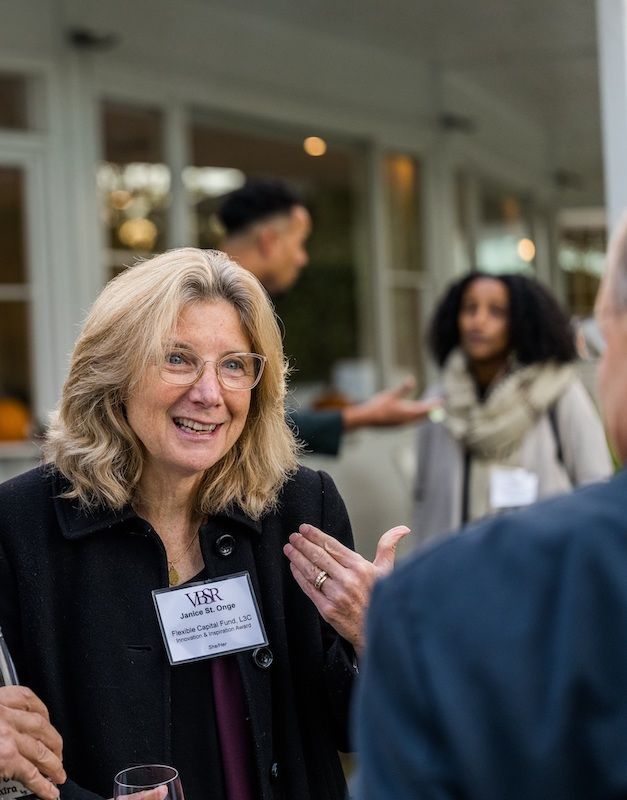
Janice St. Onge (Photo by Isora-Lithgow-Creations)
“Where others see risk, we see opportunity,” says Janice St. Onge, president of the Flexible Capital Fund, L3C, also known as the Flex Fund.
The Vermont-based impact investment fund and CDFI provides flexible financing to New England food system, forest products and climate change solutions businesses. It was one of the first New England funders to offer revenue-based financing (RBF), an option tailored for entrepreneurs seeking sustainable growth at a pace that makes sense in rural communities, St. Onge says.
“With RBF, payments are flexible, based on a percentage of revenue,” she explains. “Our capital is less expensive than equity and doesn’t require entrepreneurs to sacrifice ownership or decision-making authority.”
When the Flex Fund engaged with Burlington-based solar developer Encore Renewable Energy in 2016, it had highly variable revenues, was in a steep growth phase and needed to hire more staff. RBF capital proved catalytic, enabling the company to make essential investments.
Since then, Encore has tripled its revenue, quadrupled the number of high-quality jobs it provides, offset the impact of 1.7 billion auto miles and raised significant capital from other lenders and investors.
“Our experience over the last decade, through a recession and global pandemic, has taught us that impact companies need more time than a traditional venture fund model would offer to build their business and effect the change that both the Flex Fund and our entrepreneurs envision,” St. Onge says. “Systems change takes time.”
Samir Doshi: Connecting movements to build community power

Samir Doshi, middle, with JEI colleagues. (Photo courtesy JEI)
“I trust that communities on the front lines of dealing with extraction, exploitation, and supremacy culture know best what they need to be liberated,” says Samir Doshi, director of CS Fund’s Just Transitions program, created to advance social and ecological justice. “My practice is to deeply listen through building trust, relationship and solidarity, and then to simply follow directions.”
Doshi and his team collaborated with community and movement organizations worldwide in designing the program. “The main message was that our movements are disconnected, often because of segregated funding lines. Funders in health, education, environment, or technology rarely talk to one another, so the sectors they support similarly become disconnected,” he says.
“We learned the best way we can be of service is to build connective tissue across movements that helps build community power in a truly intersectional manner — across geographies, sectors, identities, and cultures.”
To that end, CS Fund is inviting its 88 grantee partners to build knowledge, skills, power, and interdependency together through a multiyear cohort model. The program also is setting up a pool of funds that the cohort will co-govern.
“If you want to build community wealth and power, make yourself accountable to those communities,” Doshi advises. “Make sure that you know who you’re accountable to and that there is a feedback loop and process. And if you are asking community members to do work in your accountability process, make sure they are abundantly supported and resourced for their services.”
Community wealth-building initiatives are the foundation of a just, resilient economy. Applied across the country and the world, they can address some of our most daunting challenges. We need models like these to multiply—and that’s an all-hands-on-deck task.
As St. Onge says, “You can’t have systems change without saying goodbye to a system that isn’t working. Philanthropists, investors, lenders, policymakers, government, individuals and entrepreneurs all need to take risks with our capital and activate our voices.”
This article is part of The Bottom Line, a series exploring scalable solutions for problems related to affordability, inclusive economic growth and access to capital. Click here to subscribe to our Bottom Line newsletter.
Deb Nelson is the founder and executive director of the Just Economy Institute, which educates, supports, and connects a growing movement of financial activists who are shifting the flow of capital and power to solve social and environmental problems.



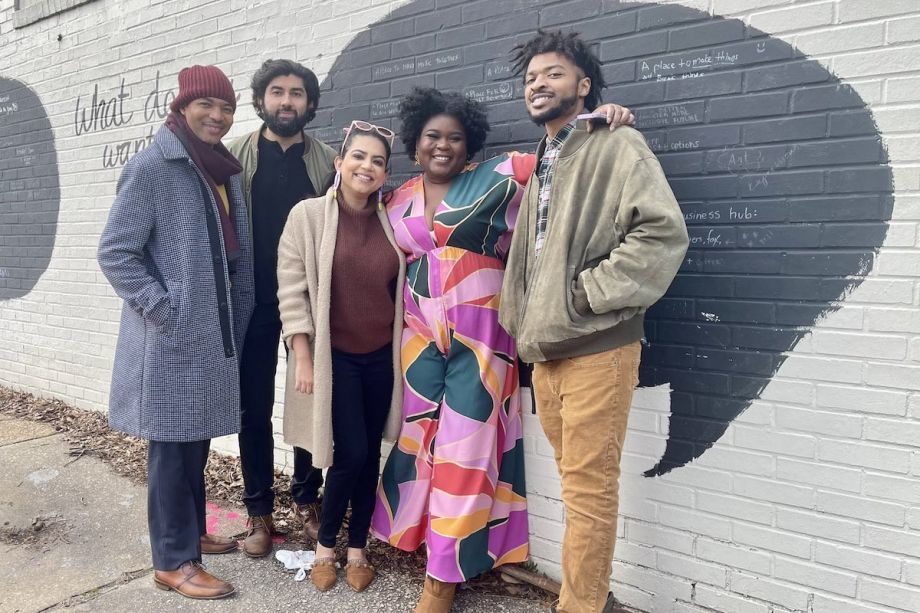


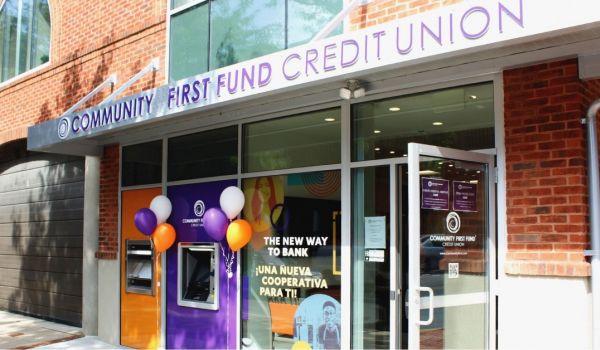


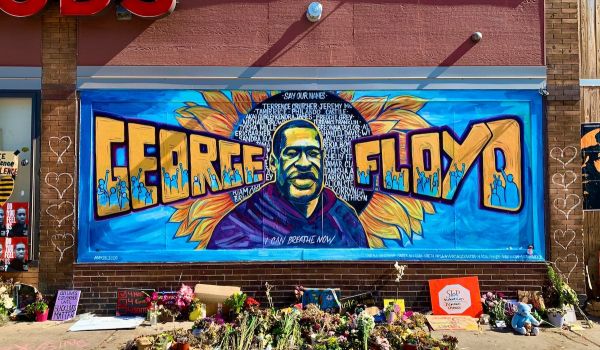
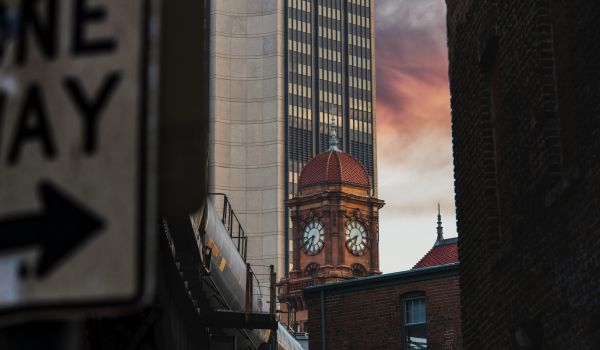
_600_350_80_s_c1.jpg)



